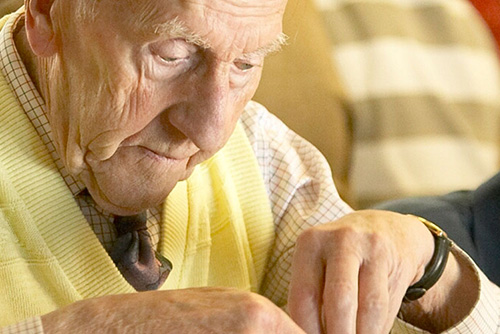Millions to research about long-term consequences of psychosocial working conditions

A project that will examine the connection between psychosocial working conditions and health after the age of 69 has received 3,4 million SEK from Forte.
Ingemar “Pingo” Kåreholt, professor at the Institute of Gerontology and the Aging Research Network – Jönköping at School of Health and Welfare, will be responsible for the project, titled “Psychosocial working conditions and late-life physical functioning: What role do gender and socioeconomic position play?”. It will mainly be placed at Aging Research Center at Karolinska Institutet and Stockholm University, and will be carried out from 2017 to 2019.
The project will examine the associations between a wide range of psychosocial working conditions, for example work stress and work complexity, before retirement age and physical functioning after the age of 69.
The researchers will investigate how these associations vary between women and men with different socioeconomic position, such as education, income, and social class based on occupation. And also, how they differ depending on personal resources (such as sense of coherence, social support) and work-life balance (leisure activities, family situation, and hours of housework).
The projected physical functioning for old persons up to the year 2030 will be predicted from the results.
Swedish nationally representative samples were interviewed in 1968, 1974, 1981, 1991, 2000, and 2010, and re-interviewed in 1992, 2002, 2004, 2011, and 2014 (age 69+) allowing for up to 46 years of follow-up.
The project will give important insights into the long-term consequences of psychosocial working conditions on late-life physical functioning, which will serve an important role in improving well-being and reducing health care costs in older adulthood.